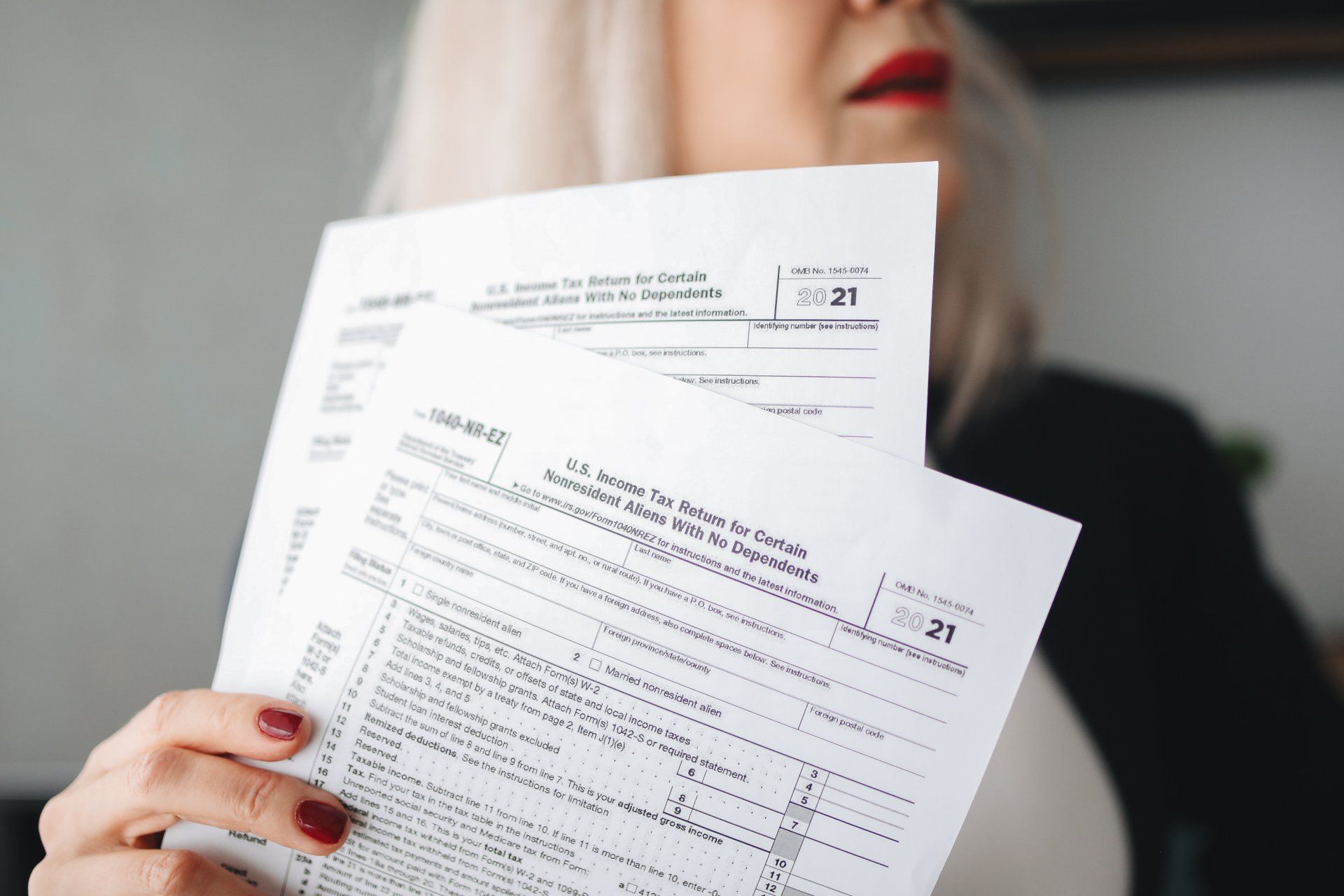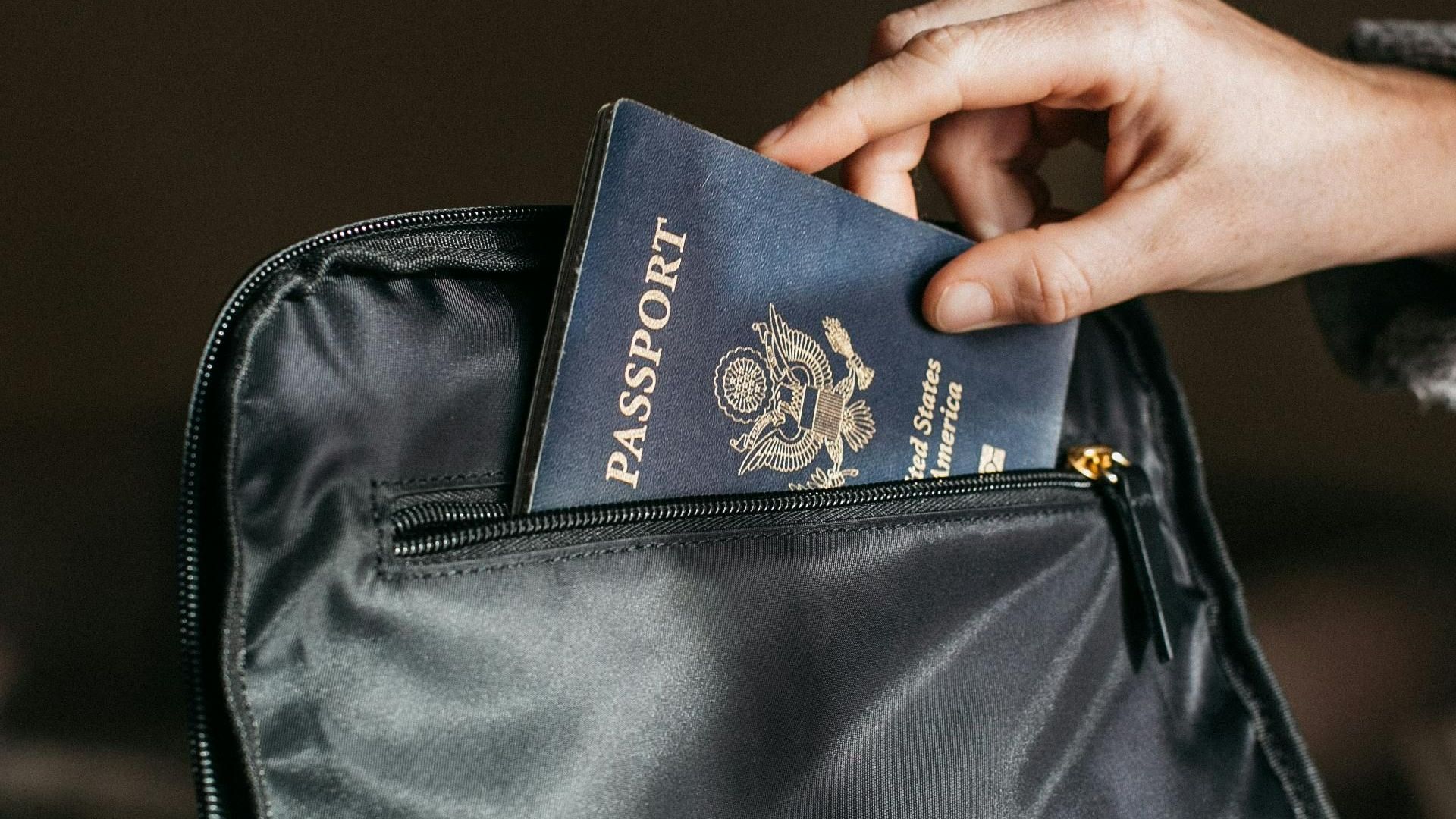Applying for U.S. Citizenship after Being an LPR for At Least 5 Years
Denice Flores • October 10, 2024
To be eligible for U.S. naturalization based on being a lawful permanent resident for at least five years, you must:
- Prove you have been a lawful permanent resident of the U.S. for at least five years;
- Demonstrate continuous residence in the U.S. for at least five years immediately before applying for naturalization;
- Show you have been physically present in the U.S. for at least 30 months out of the five years immediately before applying for naturalization; and
- Pass the naturalization test.
The naturalization test consists of the English and civics test.
The applicant must show his/her ability to read, write, and speak basic English. The interviewing USCIS officer will ask the applicant to read a sentence in English and to write a sentence in English. If the applicant demonstrates his/her ability to read, write, and speak English, the applicant passes this portion of the test.
The civics test is an oral test, and the applicant is asked questions about the American government and history. The USCIS officer will ask the applicant up to 10 questions from the list of 100 civics test questions. To pass this portion of the test, the applicant must answer at least 6 questions correctly.
If the applicant satisfies all of the eligibility requirements and passes the naturalization test, the last step before naturalizing is to attend the oath ceremony to become a naturalized U.S. citizen.
If you have any questions and would like more information about your eligibility for naturalization, please contact our office to schedule a consultation with our experienced immigration attorneys.
This blog is not intended to be legal advice and nothing here should be construed as establishing an attorney client relationship. Please schedule a consultation with an immigration attorney before acting on any information read here.
Denice Flores
Similar Posts

U.S. Citizenship and Immigration Services made changes to the naturalization application and the filing fee which became effective April 1, 2024. The naturalization application, Form N-400, was updated. The new form edition is dated 04/01/2024. As of June 3, 2024, USCIS will only accept the new form edition. The filing fee for Form N-400 also changed. The prior filing fee was $640.00 plus a biometric fee of $85.00, for a total of $725.00. The new filing fee became effective April 1, 2024, so all naturalization applications postmarked April 1, 2024, or later, must include the new appropriate filing fee. The new general fee if you file a paper application is $760.00, and if you file the application online the fee is $710.00.

In the landscape of U.S. immigration law, the pursuit of an employment-based green card can be a significant milestone for foreign nationals aspiring to establish their careers in the United States. Among the various pathways available, self-sponsorship for an employment-based green card stands out as an option that grants individuals the ability to sponsor their own immigration journey, offering a unique opportunity for skilled professionals and entrepreneurs. Traditionally, most employment-based green card categories require an employer to sponsor the foreign national, demonstrating the need for their skills or expertise. However, certain visa categories permit self-sponsorship, allowing individuals to petition for permanent residency without a specific employer's sponsorship. These include: 1. EB-1A Extraordinary Ability: Individuals with extraordinary abilities in the sciences, arts, education, business, or athletics may self-petition for an employment-based green card. They must demonstrate sustained national or international acclaim, providing extensive evidence of their achievements in their field. 2. EB-2 National Interest Waiver (NIW): This category enables individuals whose work is deemed to be in the interest of the United States to self-sponsor. Applicants must demonstrate their work's significance and how it benefits the nation as a whole. 3. EB-5 Immigrant Investor Program: Entrepreneurs investing in a new commercial enterprise that creates jobs for U.S. workers can self-petition for an employment-based green card. They must meet certain investment thresholds and fulfill job creation requirements. While these classifications have the advantage of allowing an individual to self-petition, each of these applications have distinct, stringent requirements to meet. This route can be challenging, requiring substantial evidence and a compelling case to prove extraordinary abilities or qualifications. Additionally, meeting the high standards set by USCIS for self-sponsorship can be demanding, necessitating thorough preparation and documentation. Navigating the complexities of immigration law, especially concerning self-sponsorship, often requires professional legal guidance. Seeking assistance from experienced immigration attorneys or consultants can significantly enhance the chances of a successful self-sponsored green card application, ensuring compliance with the intricate regulations and requirements. If you have any questions about what this means for you, please schedule a consultation with one of our experienced attorneys. We look forward to working with you.

The Military Selective Service Act requires all men living in the United States to register with the Selective Service System within 30 days of turning 18 years old and up to 26 years of age. The Selective Service System (SSS) is used by the U.S. government to draft soldiers into service during times of war. There are a few exceptions to the registration requirement: First, if you hold non-immigrant status until the age of 26, you do not have to register with the SSS. Second, if you enter the U.S. after the age of 26, you do not have to register with the SSS, as the age requirement to register is between 18 and 26. Third, men born after March 29, 1957, and before December 31, 1959, are not required to register. To verify online go to: https://www.sss.gov/verify/ . The information you will need to provide is your last name, social security number, and date of birth. If you find your registration record, download, and print an official Selective Service Registration Acknowledgement Letter from the website and include it with your application. This is sufficient to show that you registered. If you can’t verify your registration because you don’t have a social security number or you didn’t have one when you registered, or you prefer to call, you need to call the SSS at: (888) 655-1825 . Note, failure to register will not automatically lead to the U.S. Citizenship and Immigration Services denying your naturalization application. In fact, even if you did not register and you were required to do so, the USCIS cannot deny your application if you show that you did not know you were required to register, or the failure to register wasn’t intentional. If you have any questions, please schedule a consultation with one of our experienced attorneys and we will be more than happy to assist you.

You have reached the end of your journey to become a US Citizen – you’ve had your green card for the required amount of time, and you have successfully completed and filed your N-400 form to finally apply to become a US Citizen. You just got your N-400 interview notice in the mail, but what happens at this interview?

Once you have connected with a college program, have been admitted to the school, and deemed eligible to compete athletically, you will need to secure an F-1 student visa in order to actually attend your new college and begin your time as a student athlete. The first step in the visa process is to receive your Form I-2

For many talented athletes around the world, U.S. college athletics represent a remarkable opportunity to combine elite athletic competition with higher education. In sports such as basketball, soccer, track and field, and tennis, among others, hundreds of colleges and universities across the United States offer struct

Under the new regulation, if a person filed or files Form I-589, Application for Asylum and for Withholding of Removal after October 1, 2024, and the application remains pending with USCIS for 365 days, the applicant must pay an Annual Asylum Fee (AAF) on the one-year anniversary of his or her filing date.



